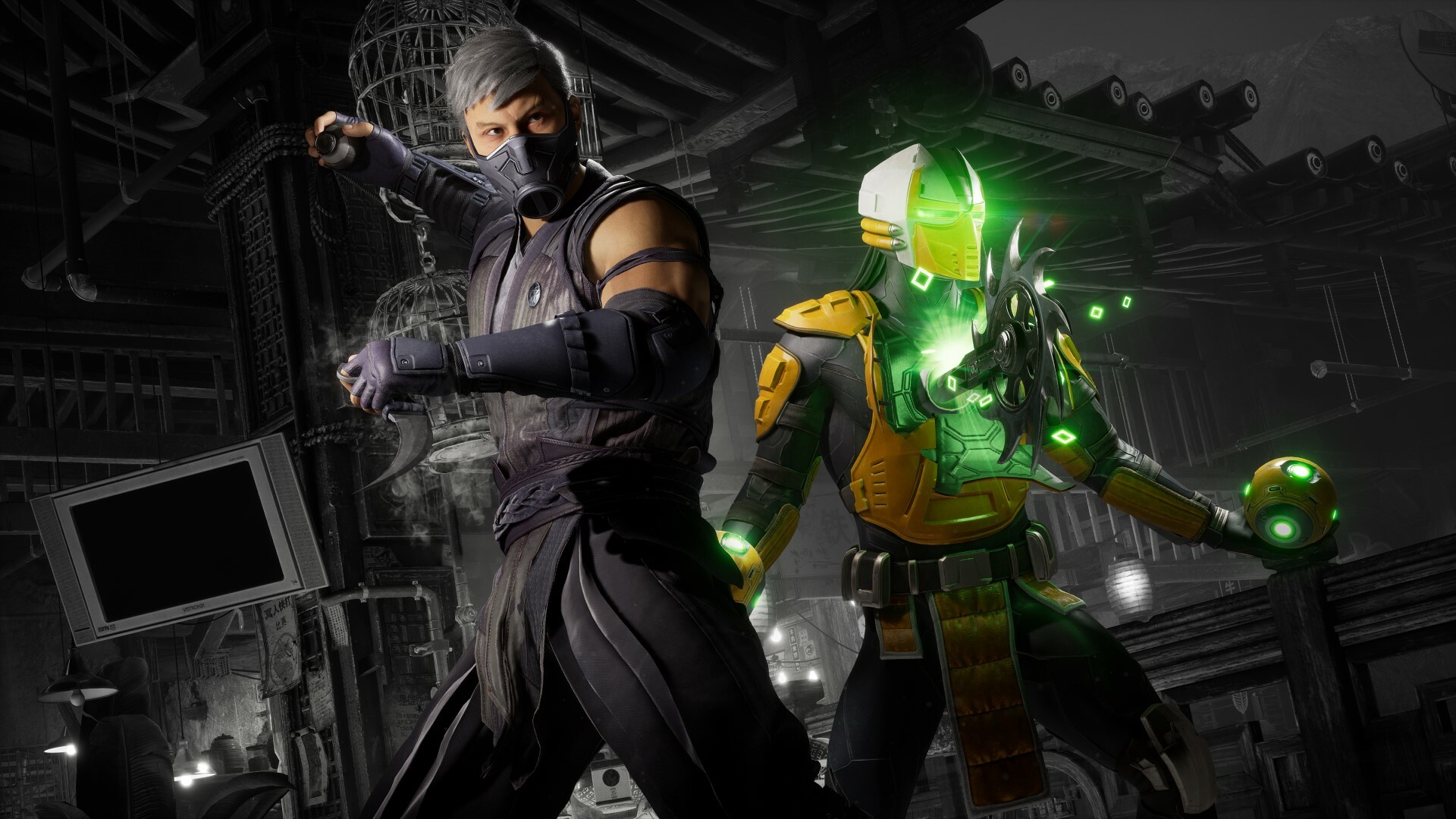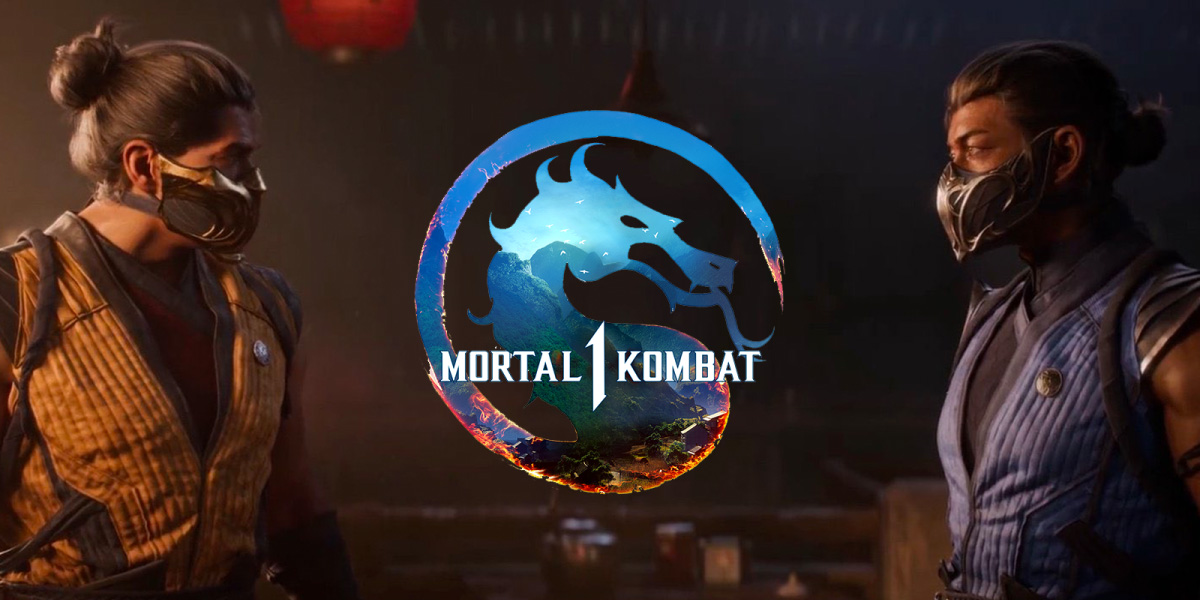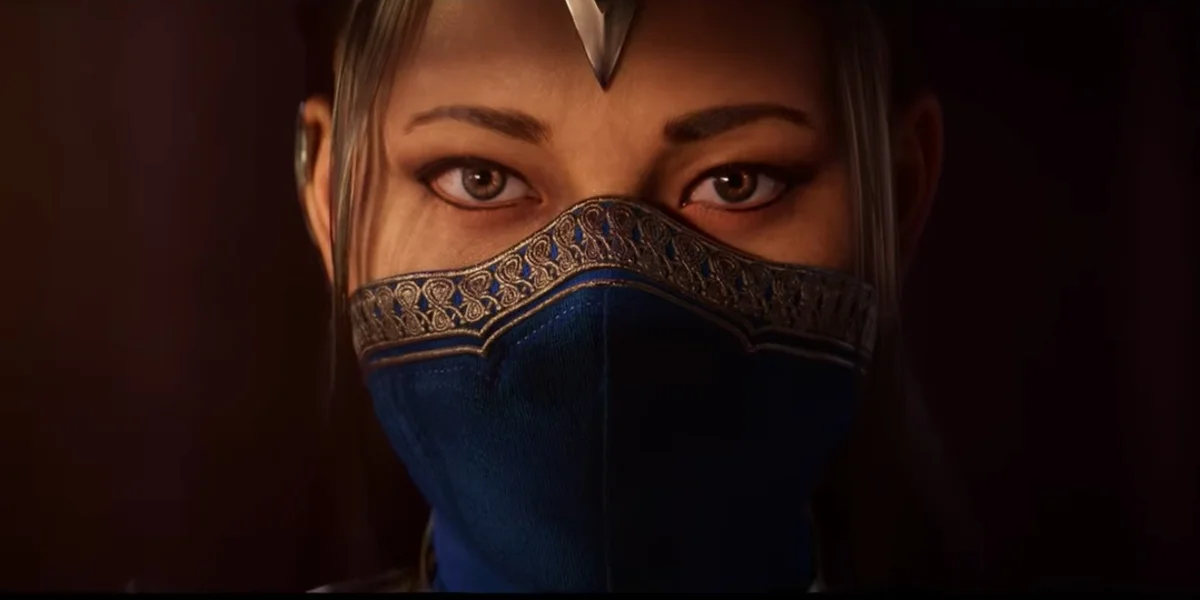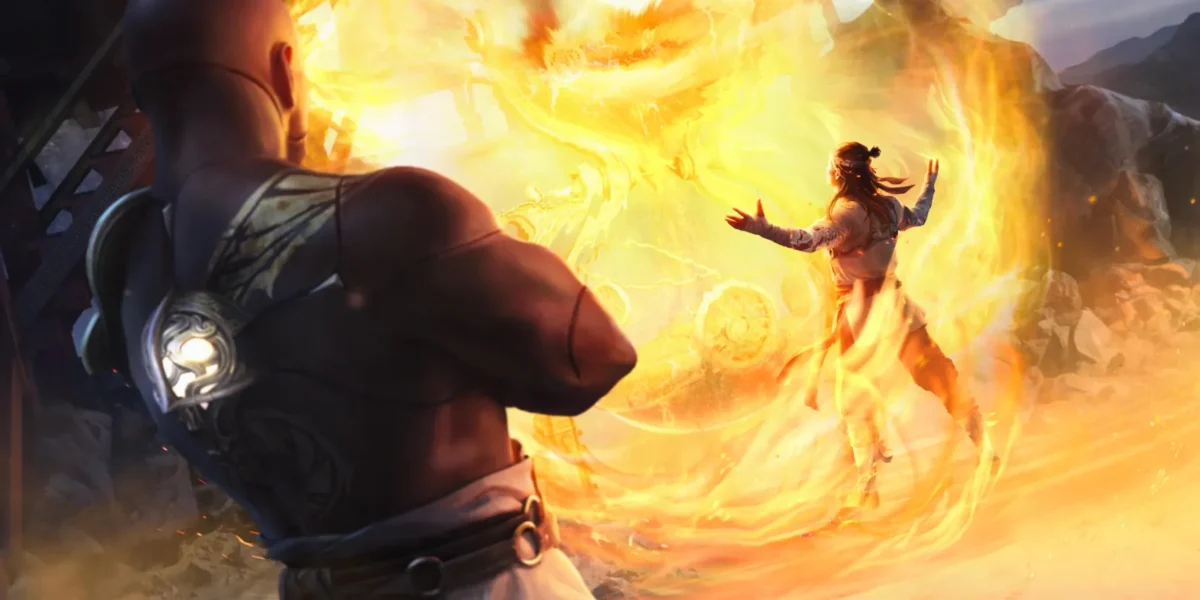In the annals of video game history, few titles have left as indelible a mark as the original Mortal Kombat. Released in 1992 by Midway Games, Mortal Kombat 1 was a groundbreaking fighting game that pushed the boundaries of violence and gore in video games. Its impact on both the gaming industry and popular culture cannot be overstated, as it sparked widespread debates about the portrayal of violence in media and forever altered the landscape of video game regulation.
At the heart of Mortal Kombat 1’s notoriety was its unabashed depiction of graphic violence and brutality. From the moment players entered the arena, they were greeted with gruesome fatalities and bone-crunching finishing moves that shocked and mesmerized audiences alike. The game’s innovative use of digitized sprites and realistic character animations brought these violent acts to life in a way that had never been seen before, immersing players in a world of blood and carnage.
The controversy surrounding Mortal Kombat 1 reached a fever pitch with the release of the home console versions, particularly on the Sega Genesis and Super Nintendo Entertainment System (SNES). Concerned parents and advocacy groups condemned the game’s graphic content, leading to widespread calls for stricter regulations on video game violence. This culminated in a congressional hearing in 1993, during which Mortal Kombat 1 and other violent video games were scrutinized for their potential impact on children.
Despite the controversy, Mortal Kombat 1’s popularity soared, cementing its status as a cultural phenomenon. Its memorable characters, including Scorpion, Sub-Zero, and Raiden, became iconic figures in the gaming world, spawning a multimedia franchise that would endure for decades. The game’s catchphrases, such as “Finish Him!” and “Fatality,” became ingrained in popular culture, transcending the realm of gaming to become part of the broader lexicon.
Beyond its impact on popular culture, Mortal Kombat 1 also played a pivotal role in shaping the future of the video game industry. Its success paved the way for a new wave of fighting games that embraced edgier themes and mature content, leading to the emergence of titles such as Street Fighter, Tekken, and Soulcalibur. Furthermore, Mortal Kombat 1’s influence can still be felt in modern gaming, as developers continue to explore the boundaries of violence and storytelling in video games.
In conclusion, Mortal Kombat 1’s impact on video game violence and culture cannot be overstated. By redefining the limits of brutality and pushing the boundaries of what was deemed acceptable in video games, it sparked important conversations about censorship, regulation, and artistic expression. While its controversial legacy may endure, there is no denying the lasting impact that Mortal Kombat 1 has had on the gaming industry and popular culture as a whole.




